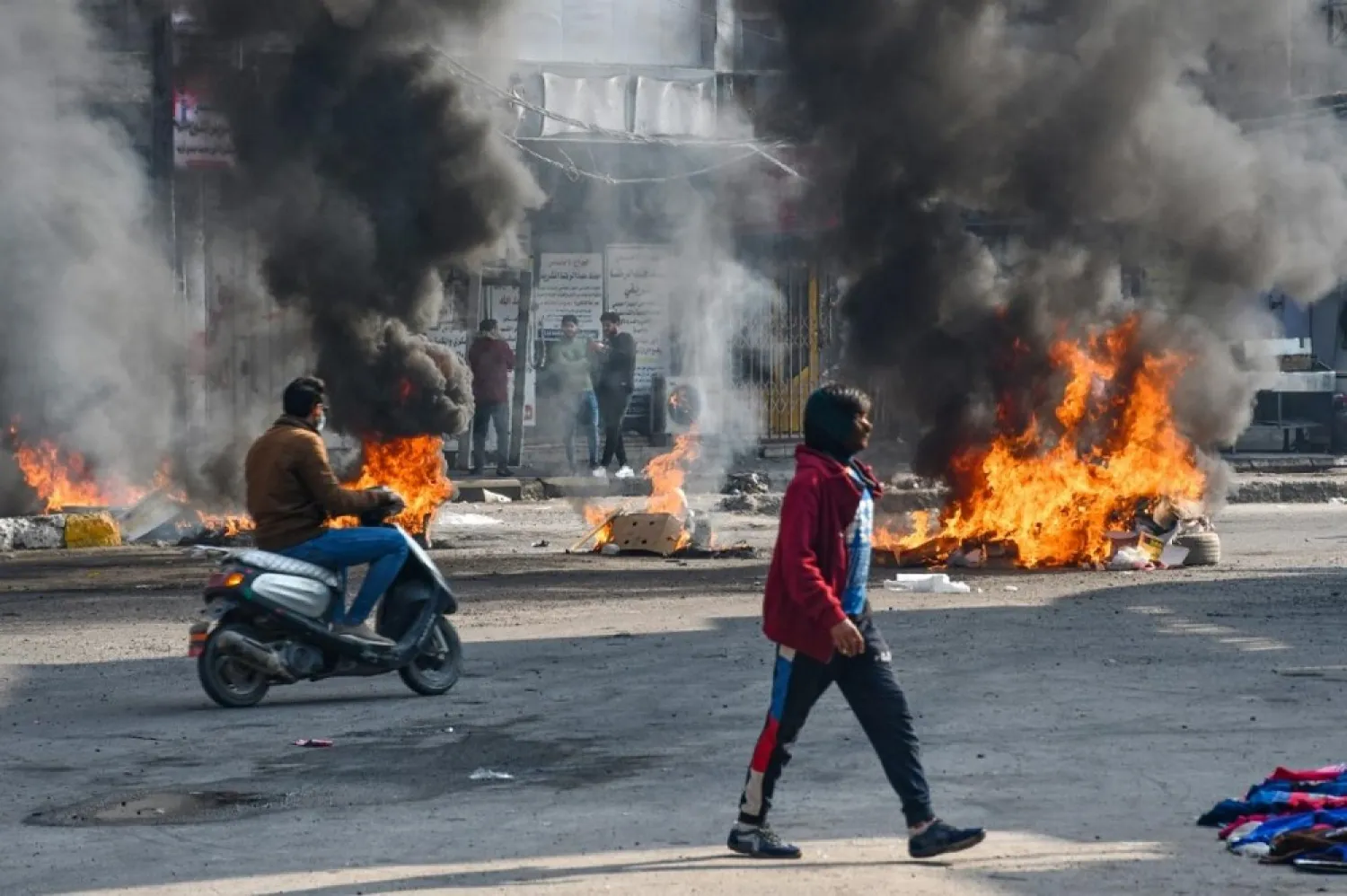After a long day of clashes between protesters and security officers, relative calm returned to the Iraqi city of Nasiriyah, which is also the capital of the southern Dhii Qar governorate.
Clashes had resulted in one death and over 100 injuries among demonstrators and security forces.
Many suspected a dramatic escalation of violence given the continued targeting and killing of activists with an Iraqi lawyer sustaining critical injuries after a group of gunmen opened fire at him in an apparent assassination attempt.
The incident took place in central Shatra district of Dhi Qar where the gunmen targeted Haider Jaber al-Aboudi.
Al-Aboudi survived the assassination but he has sustained severe injuries and is currently under intensive care at a hospital in his hometown.
The attack took place a week after the assassination of Ali al-Hamami, the head of Shatra Bar Association, by unidentified gunmen.
Realizing the danger of the ongoing violence, the anti-government protesters declared a halt to their escalation after local authorities released demonstrators who were detained during recent rallied.
The protesters added that it will continue to maintain calm in the fragile governorate “if no other peaceful demonstrator is arrested.”
“Recently, after suspending the sit-in and carrying on with legitimate peaceful protests, security forces arbitrarily arrested peaceful demonstrators and targeted their homes,” a collective statement released by the protesters said.
The statement added that the arrests go back on the promise made by the prime minister, who had formed a crisis cell aimed at restoring stability in the city.
PM Mustafa al-Kadhimi had formed the cell, led by his National Security Advisor Qassem al-Araji, to stem the rising violence in Nasiriyah
Protesters, in their statement, said that the cell only added fuel to the fire and served the corrupt.
It warned that if the targeting of protesters persists, there will be an “escalation with a greater force that the government has not witnessed before.”









